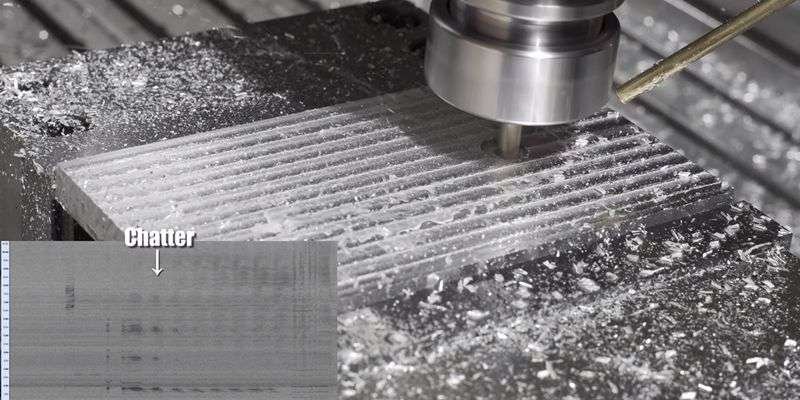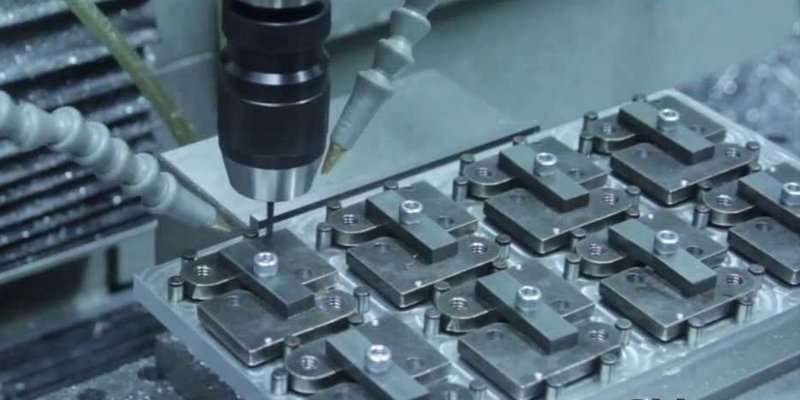CNC machining technology has proven to be the pillar of modern manufacturing. Mechanical, aerospace, and medical applications often use CNC machining to design and manufacture high-quality parts. Importantly, CNC engineering makes it possible to develop and manufacture these custom parts with a high level of precision and accuracy.
These CNC engineering services revolutionize the manufacturing process by offering speed, versatility, and cost-effectiveness. This article will discuss what is CNC engineering and how it works.
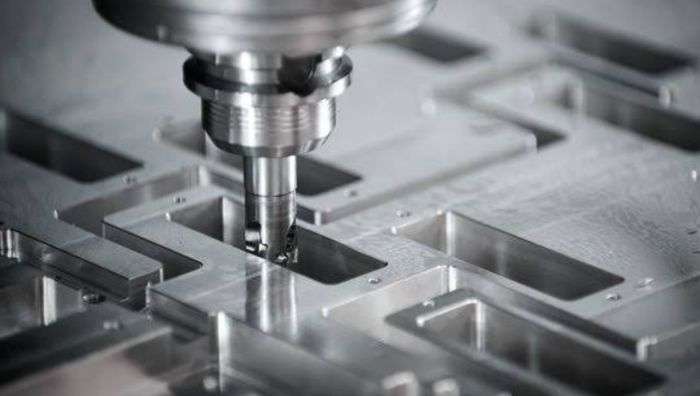
Table of Contents
ToggleWhat is CNC Engineering?
CNC engineering is a field that focuses on the design, programming, and operation of computer-controlled machines. It utilizes computer software and machinery to control and automate the movement of tools and equipment. During this CNC machining service, a computer program controls the movement of cutting, drilling, and milling machining tools to create and shape various materials such as wood, metal, and plastic into high-quality custom parts.
More so, these engineering services are widely used in industries such as aerospace, automotive, electronics, and even small-scale production.
Benefits of CNC Engineering for Your Projects
Aside from combining traditional engineering principles with modern computer programming skills to develop and optimize the manufacturing process, there are many other benefits.
Time and Cost Savings
CNC Engineering eliminates the need for multiple tools and manual adjustments, reducing production time and CNC machining costs. The automated nature of these machines optimizes the use of materials, minimizes waste, and lowers labor costs. This feature makes this manufacturing process a cost-effective solution in the long run.
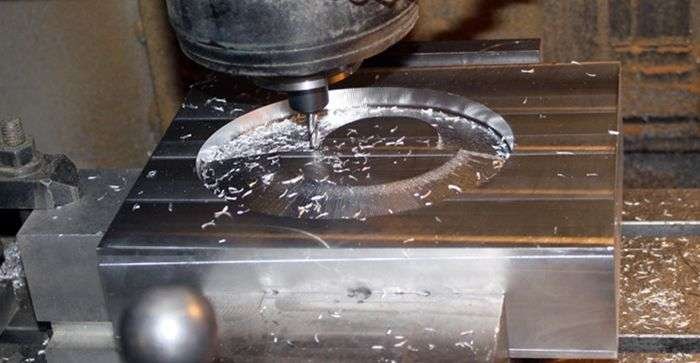
Complex and Intricate Designs
CNC precision engineering can create complex geometries and intricate shapes, patterns, and contours that may be difficult or impossible with traditional methods. Also, when faced with high demands for custom CNC designs, these machines excel at producing identical parts repeatedly with utmost consistency. This feature allows for innovative designs and flexibility in your projects.
Guo, a CNC Engineer at XinCheng Machining, advises that when machining metals like aluminum or steel to create a design, the minimum thickness for the wall of the machined part should be 0.8 mm. Extremely thin walls can be machined but they are more prone to warping or distortion.
Reduction in Human Error
By automating the manufacturing process, it minimizes the potential for human error. Once the design is converted into a computer program, the machine executes the instructions precisely, eliminating the risk of mistakes, manual deviations, or fatigue-related discrepancies. This automation leads to higher quality and few rework or scrap parts.
CNC Engineering Process: How it Works
Understanding what CNC machining is and its importance helps you navigate the realm of CNC engineering without difficulty. Since these processes are used in various industries to manufacture parts and products, let’s walk through the critical points of how they work.
Design and CAD Modeling
The process starts with engineers creating a digital design of the part or product using Computer-Aided Design (CAD) software. This process allows for detailed 3D modeling and specification of dimensions.
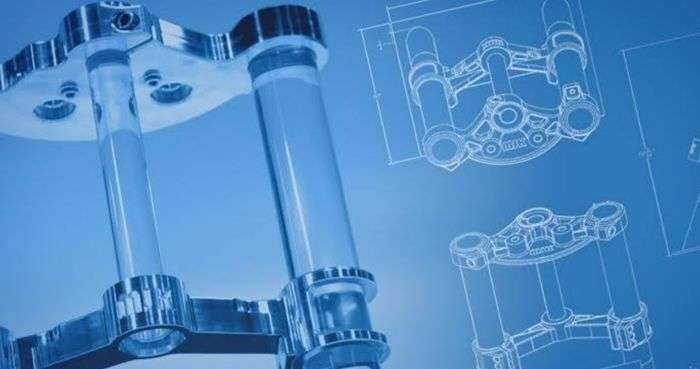
Programming
Once the design is finalized, engineers create the CNC program. They use computer-aided manufacturing (CAM) software to generate the instructions that will guide the CNC machine throughout the manufacturing process. The program includes commands for tool movements, spindle speeds, and cutting paths for CNC precision engineering.
CNC Machine Setup
With the materials (metal or plastic) ready, the CNC machine is set up for operation. This process involves installing the necessary tools, such as drills, cutters, or milling heads, and loading the CNC program onto the machine’s controller. The machine’s parameters, including tool offsets and speeds, are also configured.
Manufacturing Process
The machine follows the programmed instructions to perform various operations, such as cutting, drilling, milling, or turning. It precisely moves the tools and materials according to the instructions to create the desired shapes and features.
Finishing Operations
After the primary manufacturing operations, additional finishing processes may be required. These can include deburring, polishing, painting, or coating the products to achieve the desired surface finish or appearance for any engineering application.
Assembly and Packaging
If the product requires assembly, this step involves bringing together the individual components and ensuring they fit together correctly. Once assembled, the products are inspected, labeled, and packaged appropriately for shipping or distribution.
Market Launch
The final step in the CNC Engineering process is bringing the products to the market. It involves marketing, sales, and distribution activities to reach potential customers and make the products available for purchase. Effective market launch strategies can generate demand and drive the success of the manufactured products.

Considerations for Making Successful CNC Engineering Strategies
Making successful CNC engineering strategies requires careful planning and consideration of several vital factors. Here are some important considerations to keep in mind:
Programming and Simulation
Accurate programming is essential for successful CNC engineering. Utilize CAM software to generate toolpaths that translate your design into machine instructions. Popular CAM software options include Fusion 360, SolidWorks CAM, and Siemens NX CAM.
Also, simulation features can help you visualize the machining process, detect any errors or collisions, and optimize toolpaths before running them on the actual machine.
Quality Control
Implementing effective quality control measures is also important for ensuring the accuracy and precision of CNC machining. Regularly inspect and measure the machined parts to verify their dimensional accuracy and quality. This can be done using measuring instruments such as calipers, micrometers, and coordinate measuring machines (CMMs).
CNC Machine Selection
Factors to consider in determining include the machine’s capabilities (size, speed, accuracy), compatibility with the materials for production, and the level of expertise required to operate it.
Reliable CNC Manufacturers
Reliable manufacturers invest in state-of-the-art CNC machines, software, and equipment for CNC mechanical engineering. This process ensures they can handle complex geometries, tight tolerances, and materials precisely and efficiently. Also, working with reliable manufacturers increases the chances of timely delivery, as they have the necessary resources, backup equipment, and efficient production scheduling.
CNC Engineering for Different Industry Applications
This field combines computer programming and machinery to control and automate manufacturing processes. It finds applications in various industries, contributing to increased efficiency, precision, and productivity. These include:
Aerospace
CNC precision engineering is crucial in the aerospace industry, where accuracy and reliability are paramount. It is used to manufacture intricate components for aircraft engines, landing gear, control systems, and structural parts.
Automotive
It is extensively used in the automotive industry for manufacturing precision parts like engine components, transmission parts, brake systems, and body panels.
Medical Devices
With this manufacturing process, medical devices and equipment can be produced with exceptional quality. It is used to manufacture items like prosthetics, implants, surgical tools, and intricate medical instruments. CNC machines enable the production of complex designs tailored to individual patient needs.
Robotics
CNC engineering services create precise and complex robot parts, such as gears, joints, frames, and circuit boards. Also, the high accuracy provided by these machines allows for the creation of customized features with ease, enabling faster prototyping and production processes.
Energy Industry
In the renewable energy industry, it plays a crucial role in manufacturing precision engineering parts for solar panels, wind turbine blades, and hydroelectric systems. Also, it is utilized to fabricate oil and gas equipment, including drilling rigs, pipes, and valves in the oil and gas industry.
Partner with XinCheng for Your CNC Engineering Projects
At XinCheng, we understand that each CNC engineering project is unique. We work closely with customers to understand their specific requirements, offering custom machining services for their projects. Whether it’s complex geometries, tight tolerances, or specific material choices, XinCheng’s flexibility can meet various project demands.
Conclusion
CNC Engineering’s ability to deliver precise, customized, and automated manufacturing processes has revolutionized the manufacturing industry, reducing downtime and maintenance costs by enabling the rapid production of replacement parts. Embracing CNC technology can improve productivity and ultimately give businesses a competitive edge.

